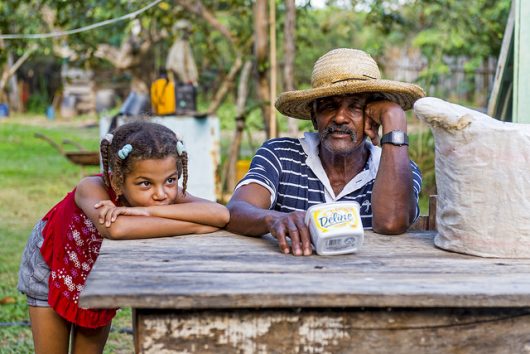Spotlight on Human Rights in Brazil

As the most recent host of the summer Olympic Games, Brazil is strikingly diametric to the glamor and leisure of them. With a focus on human rights in Brazil, the country has many problems that it cannot hide despite hosting the Olympics.
A few notable human rights violations in Brazil in 2016 include police abuses and extrajudicial killings — notably more often in disenfranchised areas (favelas) and during peaceful protests — violent and overcrowded prisons and the targeting of human rights defenders.
During the impeachment of President Dilma Rousseff, many peaceful protests occurred across the country for education reform and against the presence of the Olympics. Police responses to protests of this sort were frequently violent and generally led to excessive use of force. For example, to protest the current education reform, students across the country peacefully occupied more than 1,000 public schools. Police used excessive force to remove students from the schools, shooting stun grenades at students. One student lost sight in her left eye because of the grenade’s explosion.
Other police abuses come from both on and off-duty police officers. In 2015, police officers killed 3,345 people, leading to cyclical violence in crime-infested areas. This undermines public security and endangers the police officers as well. In 2015, 393 police officers perished in the backlash.
Of all the violations of human rights in Brazil, overcrowded prisons are the most significant. Between 2004 and 2014, the number of imprisoned adults increased an alarming 85%. About 622,000 people total are incarcerated in prisons designed to hold 67% less than that or a total of 205,000 people. The increase of inmates in Brazil is attributed to a 2006 drug law that allowed drug users to be charged as drug traffickers. Luckily, in 2014, judges began to see detainees promptly after their arrest (required by international law), and this mitigates the rate of inmates entering prison.
Speaking out against violations of human rights in Brazil is a dangerous but necessary duty. There was a general increase from 2015 to 2016 of attacks, threats and killings of human rights defenders. Ranging from lawyers to laborers, 47 human rights defenders of all sorts have been killed.
Human rights violations do not define Brazil as a nation; there are many human rights virtues. For example, the country passed a “Digital Bill of Rights” protecting the privacy and free expression rights online. A co-led initiative in the United Nations to create a new U.N. special rapporteur on the right to privacy accompanied the bill. Keeping the last few years in mind, there is hope for the bettering of human rights in Brazil.
– James Hardison
Photo: Flickr
